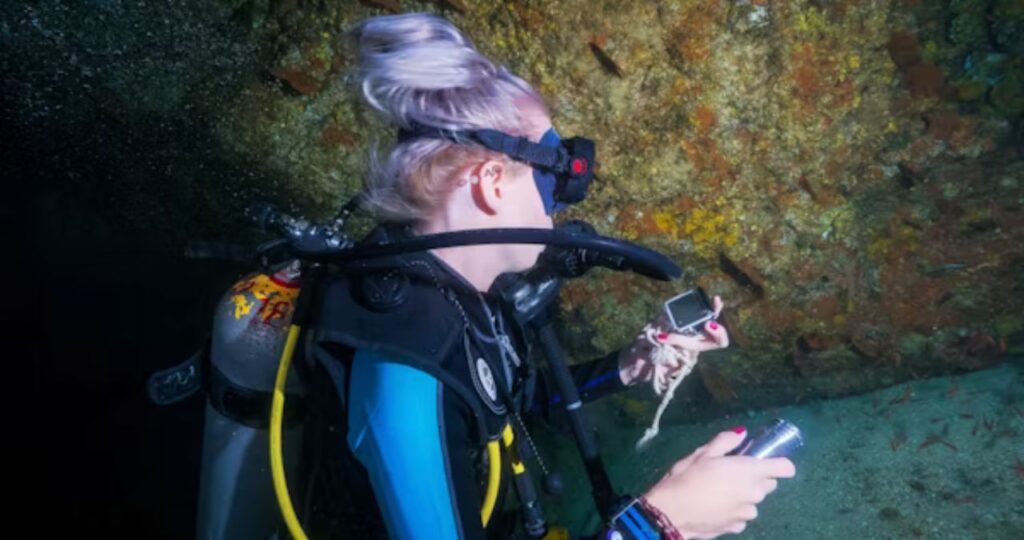The internet has always been a living organism—constantly expanding, reshaping, and redefining how we connect, create, and consume information. From the early days of static websites to today’s immersive digital ecosystems, our online experience is evolving faster than ever.
At Dewazeus33.link, we take a deep dive into these shifts. More than just a domain, it’s a hub for exploring the trends and tools shaping how we experience the modern web. Whether you’re a casual user, digital entrepreneur, or tech enthusiast, understanding these changes isn’t optional—it’s essential.
The Digital Experience: Always in Flux
What we call the digital experience has moved far beyond browsing websites. Today, it includes:
-
Social platforms that blend community, commerce, and content.
-
Cloud-based tools redefining how we work and collaborate.
-
Artificial intelligence reshaping creativity, productivity, and personalization.
-
Immersive technologies like AR, VR, and the metaverse.
Each shift impacts not only how we use the internet but also how we perceive our place within it. The digital world is no longer separate from “real life”—it is real life.
Trend 1: The Rise of AI-Powered Tools
Artificial intelligence has become the most significant disruptor of the modern online experience. From chatbots to generative AI, the way we work and play online is being reshaped.
-
Productivity tools like AI-driven writing assistants, image generators, and automation platforms are streamlining workflows.
-
Personalization is reaching new heights—recommendations are more precise, content more tailored.
-
Ethical questions are also rising: Who owns AI-generated content? How do we ensure bias isn’t coded into our digital tools?
For modern users, AI isn’t just a novelty—it’s quickly becoming the backbone of digital life.
Trend 2: The Evolution of Social Spaces
Once upon a time, social networks were about connection. Today, they are ecosystems of influence, commerce, and identity.
-
Platforms like Instagram and TikTok are merging entertainment and shopping.
-
Niche communities on platforms like Discord or Reddit are replacing broad, one-size-fits-all spaces.
-
The line between creator and consumer has blurred—everyone is a potential broadcaster, influencer, or entrepreneur.
At Dewazeus33.link, we see this as both opportunity and challenge. The evolving online experience is no longer passive—it’s participatory.
Trend 3: The Push Toward Decentralization
Web3, blockchain, and decentralization promise a reimagined internet where control shifts from corporations to communities.
-
Cryptocurrencies and NFTs sparked initial hype, but the deeper trend is about ownership and autonomy.
-
Decentralized apps (dApps) offer alternatives to centralized giants like Google or Meta.
-
Privacy-first browsing is on the rise, with tools like Brave and Proton reshaping digital trust.
The shift may not be overnight, but the seeds of a decentralized digital future are already growing.
Trend 4: Sustainability in the Digital World
The internet feels intangible, but its footprint is massive. Data centers, streaming, and blockchain operations consume enormous energy.
-
Green hosting solutions are becoming essential for businesses and bloggers alike.
-
Digital minimalism is emerging, where users consciously reduce digital clutter for both mental health and sustainability.
-
Companies are being pushed to adopt sustainable practices, from eco-conscious coding to reducing unnecessary data storage.
Sustainable travel is trending offline, and sustainable digital use is the new frontier online.
Tools Shaping the Online Experience
Beyond trends, tools define the day-to-day digital experience. At Dewazeus33.link, we highlight the most impactful:
-
Collaboration Platforms – Slack, Notion, and Miro are transforming remote teamwork.
-
Content Creation Tools – Canva, Adobe Express, and AI-driven editors are democratizing design.
-
Automation – Zapier and Make (formerly Integromat) let everyday users link apps and streamline tasks.
-
Cybersecurity Tools – VPNs, password managers, and zero-trust models are non-negotiable in a risky digital landscape.
-
Learning Platforms – Coursera, MasterClass, and YouTube University have turned the web into the world’s classroom.
Every tool reshapes not only efficiency but also identity—how we see ourselves as creators, learners, or professionals online.
The Human Side of Digital Evolution
With all the focus on technology, it’s easy to forget the most important part of the online experience: people.
-
Digital fatigue is real. Many users are rethinking screen time and seeking healthier relationships with their devices.
-
Online identity is fluid. People are exploring new ways of expressing themselves—sometimes authentically, sometimes anonymously.
-
Connection remains the core. Whether through a group chat, a livestream, or a shared meme, people are still searching for belonging online.
The evolving online experience isn’t just about faster tech—it’s about deeper questions of who we are becoming in a digital-first world.
The Future of Online Experience
So, where do we go from here?
-
Hybrid realities – As AR and VR grow, the line between digital and physical life will blur even more.
-
Personal AI agents – Instead of browsing the web ourselves, AI will increasingly filter, recommend, and even act on our behalf.
-
Stronger regulation – From data privacy laws to AI governance, governments will play a growing role in shaping the online experience.
-
Digital citizenship – Future generations may see their online identity as equally important as their offline one.
The future is not static—it’s participatory. Users, creators, and innovators all share responsibility in shaping what the internet becomes.
Conclusion: Why Dewazeus33.link Matters
In a noisy, fast-moving digital world, Dewazeus33.link exists to cut through the clutter. We don’t just observe digital trends—we analyze them, question them, and highlight the tools that matter most.






